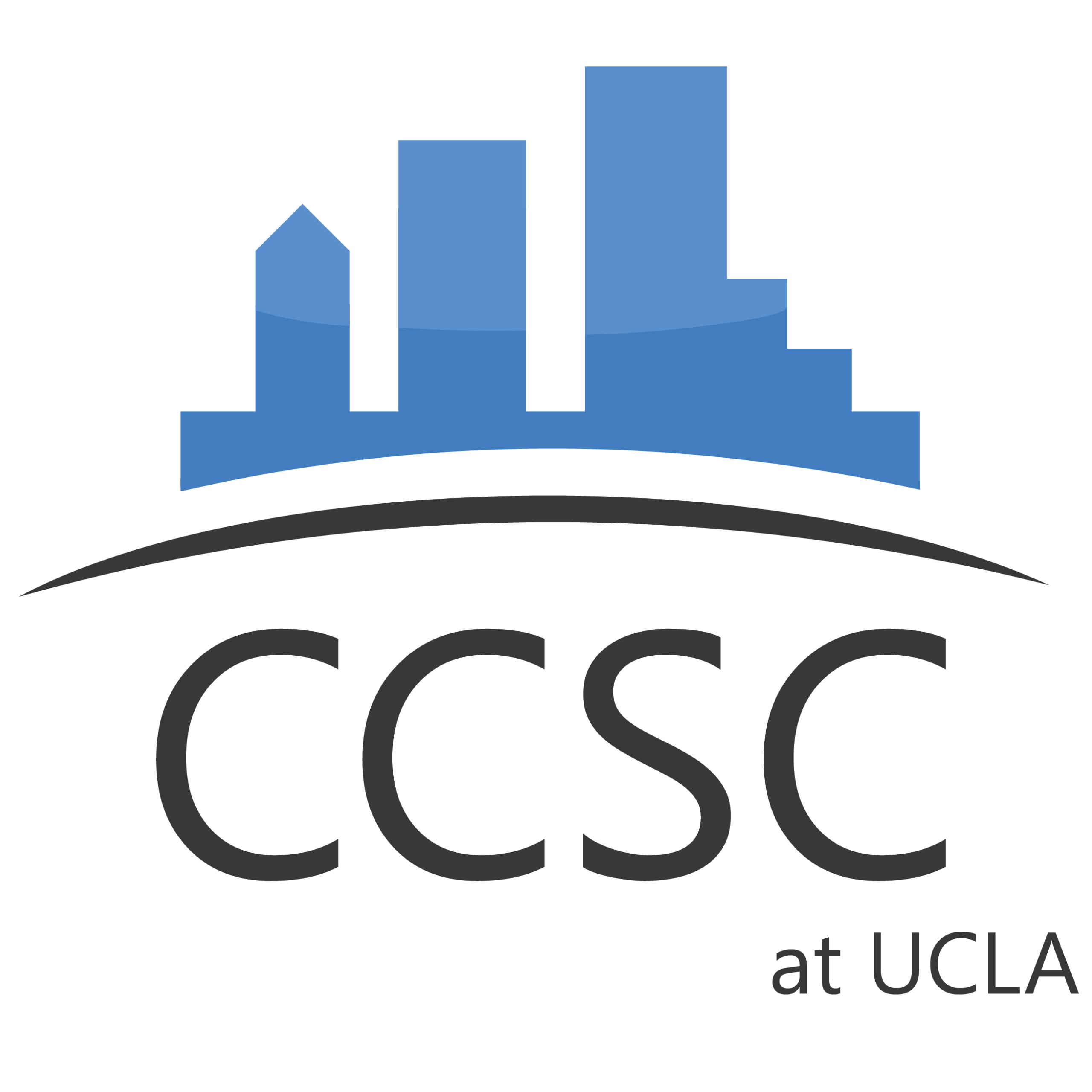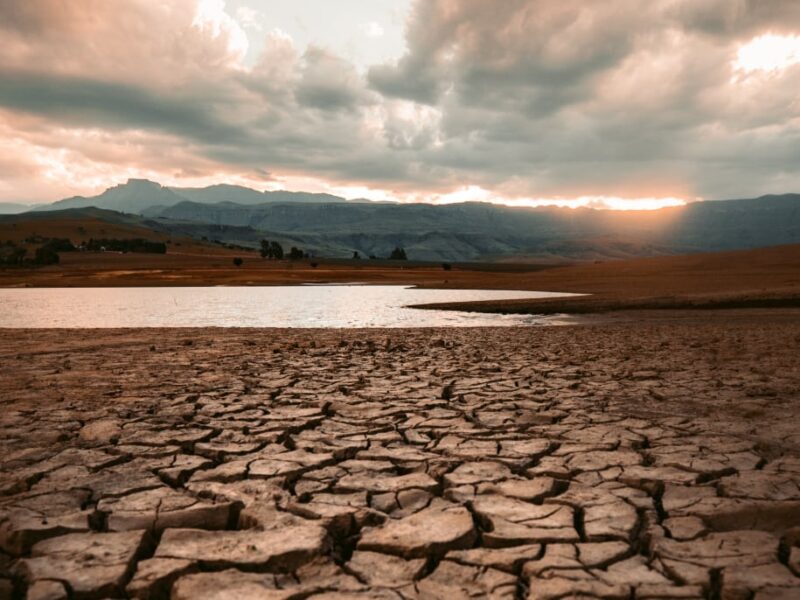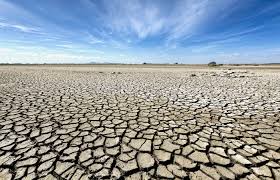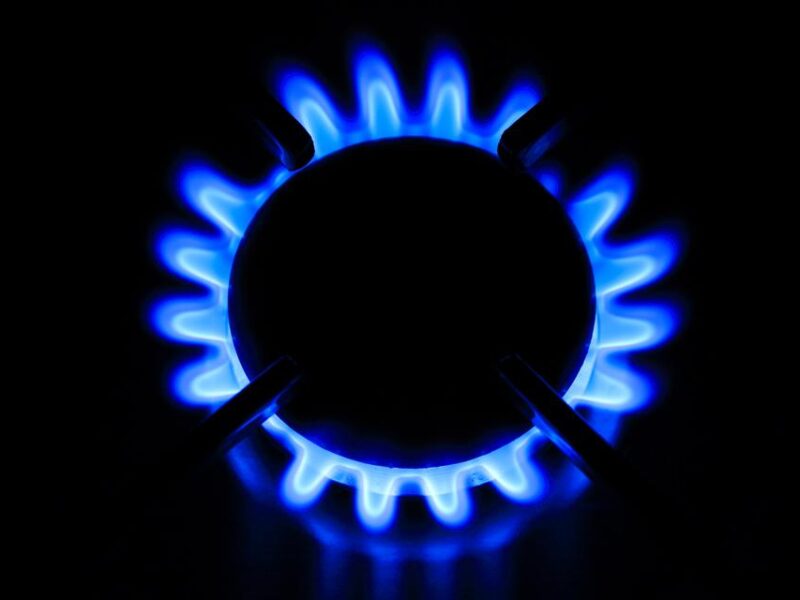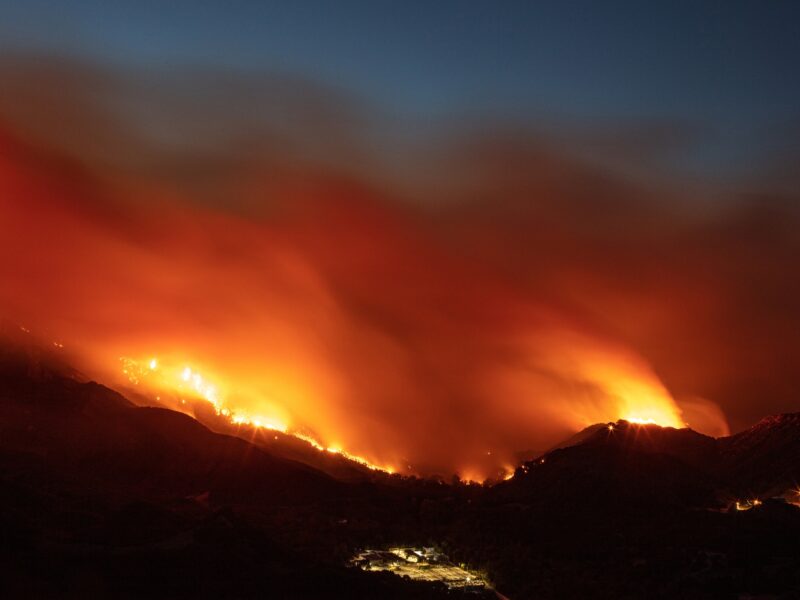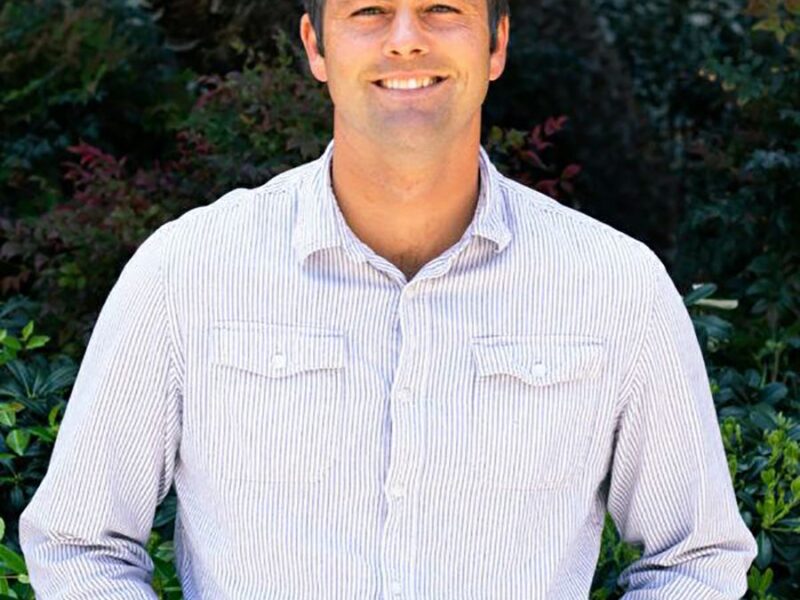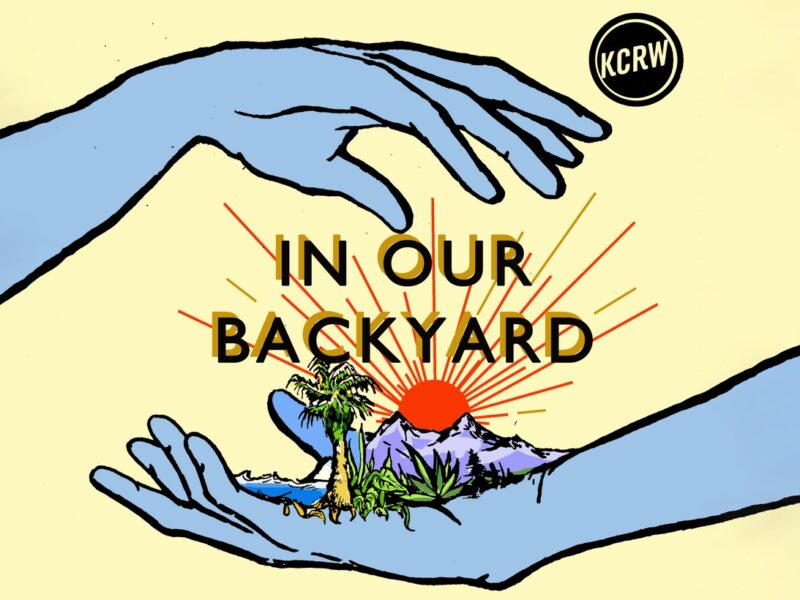Headline
Stephanie Pincetl in CalMatters: Water shortages: Why some Californians are running out in 2021 and others aren’t
Stephanie Pincetl, director of UCLA’s California Center for Sustainable Communities, who has studied Southern California’s reliance on distant water sources, said the decisions had far-reaching, if unintended, consequences: Los Angeles’ water grab from the Owens Valley exploited distant ecosystems, and urban sprawl was fueled by the Metropolitan Water District’s imports. “It’s really the growth machine of Southern California … by providing all this water to inland places, and allowing the sense that there’s unlimited water and the sense that you can build as far as the eye can see,” Pincetl said. Still, she said, “You can point fingers a lot, but you can also be reassured that you can actually turn the tap on and have water come out of it, most of the time.”

